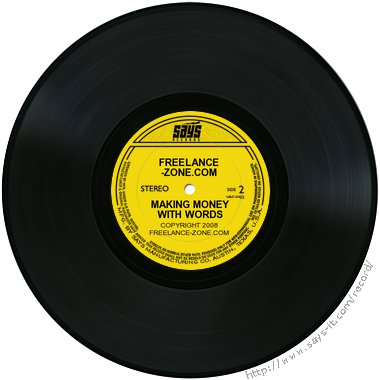 Jennifer Mattern has some excellent advice for freelancers in this recent post on freelance marketing. One great point she makes about holiday marketing is not to overlook sending Christmas cards or other holiday-themed communications, even if you don’t personally celebrate that holiday. It’s easy to get tunnel vision about that sort of thing, and this advice is well-timed.
Jennifer Mattern has some excellent advice for freelancers in this recent post on freelance marketing. One great point she makes about holiday marketing is not to overlook sending Christmas cards or other holiday-themed communications, even if you don’t personally celebrate that holiday. It’s easy to get tunnel vision about that sort of thing, and this advice is well-timed.
Another great bit of advice in this article; take stock of your accomplishments this year and start thinking ahead to next year. I’ve always started doing this round the end of the year, but earlier is definitely better when it comes to making plans for next year. What I would add to Jennifer’s advice is to start thinking ahead in terms of your budget, especially if you need to get new business cards and other promotional items.
Are you launching any new ventures in 2009? Will you start teaching writing classes or doing seminars? You’re going to need money for promotional materials and supplies. Do you need some extra tax write-offs for 2008? Get those supplies early and count it towards this year’s taxes where it’s legal to do so. A little extra thinking time never hurts. Great advice and food for thought all around in Jennifer’s article, Evaluation Time – Monthly Marketing Mix.





